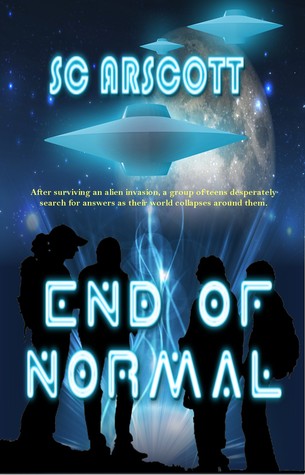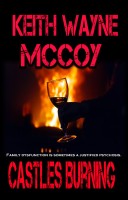A number of eateries around here go by
the name of Athens Pizza, and I’ve heard such good reviews of them, I’m tempted
to give them a try. However, although their menus and online presence use “Athens,”
each restaurant proudly proclaims, on at least one outside wall, “Athen’s
Pizza.”
If they’re as sloppy with their food as they are with their apostrophes...
It’s a shame that the plural and the possessive both involve the letter s. Some folks get so uptight about it, they toss in esses and apostrophes in the vain hope that some will stick in the right place. Girl’s’ room, hers’elf, Athen’s, Lan’sdale. The rules are simple in concept, even though the exceptions are numerous. Pay attention, now.
Most singular English nouns, including
nouns that end in s, x, or z, form the possessive by
adding ’s. The horse’s bridle, a girl’s hat, the car’s brakes, a
worker’s income, the class’s assignment. You get the idea. Most plural
nouns form the possessive by adding just the apostrophe. The horses’
bridles, the girls’ hats, the cars’ brakes, the classes’ assignments, the
workers’ incomes.
These rules are pretty obvious when applied to common nouns, as above. What about proper nouns (that is, nouns that apply to a particular person, place or thing)? According to CMOS, the same rules apply. Secretariat’s bridle, Lois’s hat, the Lexus’s brakes; the Lincolns’ legacy, the Andrewses’ house. Yes, that last one, funny as it looks, is correct. My last name is Andrews; my husband, kids and I are the Andrewses; we live in the Andrewses’ house. Good thing I don’t lisp. Theriouthly, when you run into a situation like this, rewrite to avoid such a silly-looking word.
To be honest, there is some leeway here. Some publishers will allow Lucas’ as the possessive of Lucas, for instance, as long as you’re consistent.
You knew it would be more complicated than this, didn’t you? Well, you’re right. Some common nouns end in s and look plural, like politics, economics, species. These words take only an apostrophe to form the possessive: politics’ effect on government, economics’ beginnings, a species’ evolution. If I knew an easy way to remember this, I’d tell you. Honest, you just have to memorize it, or check CMOS or your dictionary. By the way, the singular form of species is...species. Not specie. Shudder.
I could go on about the exceptions to the general rules about possessives, but the best thing to do is to put a sticky note at the relevant page in CMOS. And trust your editor.
I do want to mention what Lynne Truss calls “the greengrocer’s apostrophe” or the singular possessive where the simple plural is needed. If you’ve ever seen Lemon’s for sale and wondered, “Lemon’s what is for sale?” or even “Who is Lemon and why is he/she for sale?” then you’ve encountered the greengrocer’s apostrophe. Of course, the correct phrase is Lemons for sale.
And, while it’s not strictly about punctuation,
here’s one final note. The plural of potato is potatoes;
tomato/tomatoes. However, it’s banana/bananas, papaya/papayas. English
is a little schizophrenic when it comes to foreign words ending in vowels. But
please, no videoes.
Cranky Old Grammar Lady, aka Nikki Andrews, is an editor at Champagne Books and a writer of mysteries and scifi. Visit her blog here for more grammar fun.


